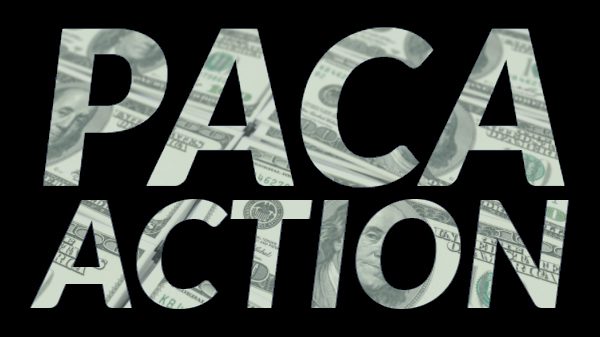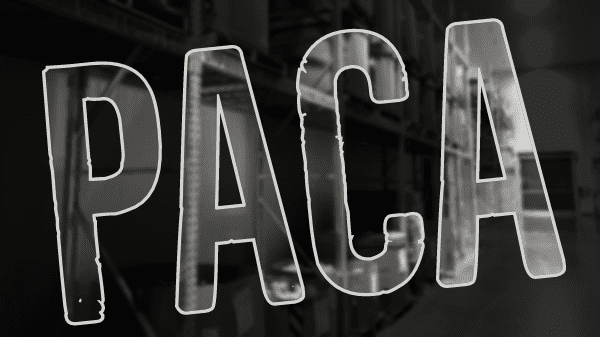Welcome to Blue Book!
Are you ready to join the thousands of companies who rely on Blue Book to drive smarter decisions? View our plans and get started today!
Still have questions? We’d love to show you what Blue Book can do for you. Drop us a line– we’ve been waiting for you.
The Problem: Disputed returns for off-size limes sold on a price-after-sale (P.A.S.) basis.
The Key Point: The reasonableness of P.A.S. returns must be assessed on objectively verifiable facts.
The Solution: Buyers should not request P.A.S. terms if they cannot sell the product for a “reasonable price.”
QUESTION:
We are a New York wholesaler. We recently ordered a shipment of Mexican limes. When the limes arrived, we noticed the shipper had packed 230s rather than the 175s ordered. We immediately contacted the shipper and explained that we don’t have a market for this smaller sized product. They acknowledged the mistake and agreed we could handle the product on a price-after-sale (P.A.S.) basis. We unloaded the limes and sold them for an average price of $5.00 per carton, returning about $2.00 to the shipper (after deducting freight and our “profit and handling” expense). I have a detailed accounting to back up my returns. In my opinion, we did a pretty good job with this product considering it was not what we ordered, but the shipper refuses to accept our returns. If they had simply packed the right product, we wouldn’t even be having this conversation. Anyway, please review and advise.
ANSWER:
When produce is received on a P.A.S. basis, buyers sometimes mistakenly believe they are free to sell the product at any price; this, however, is not the case—buyers are required to resell product received on a P.A.S. basis for a “reasonable price.” The starting point for assessing the reasonableness of a selling price is to look at the U.S. Department of Agriculture (USDA) Market News pricing reports for the destination market in question. It appears the product you received (230s) was selling for an average price of $13.00 per carton (more than the $11.00 price for the 175s you ordered). Given there was nothing wrong with the quality or condition of the limes, the selling price you report, less than half the average selling price by Market News, cannot (in our view) be considered reasonable, even if supported by the account of sales you refer to.
Yes, it is true that a detailed accounting will often help support below-market selling prices when product is sold on an price-after-sale basis (particularly when the product shows excessive condition defects upon arrival), but your selling price is simply too low to be ‘reasonable.’ And although you claim that you don’t have a market for this size product, we do not believe this excuses your low selling price and proffered return. When you agree to sell product on a P.A.S. basis, you are expected to sell it for a reasonable price in light of objectively verifiable facts such as the prevailing market prices (in your area) and condition of the product in question. In other words, you should not expect the particulars of your customer base to be taken into account. If you cannot sell the product at prices consistent with prevailing market conditions, then modifying the contract terms to P.A.S. is not recommended.




